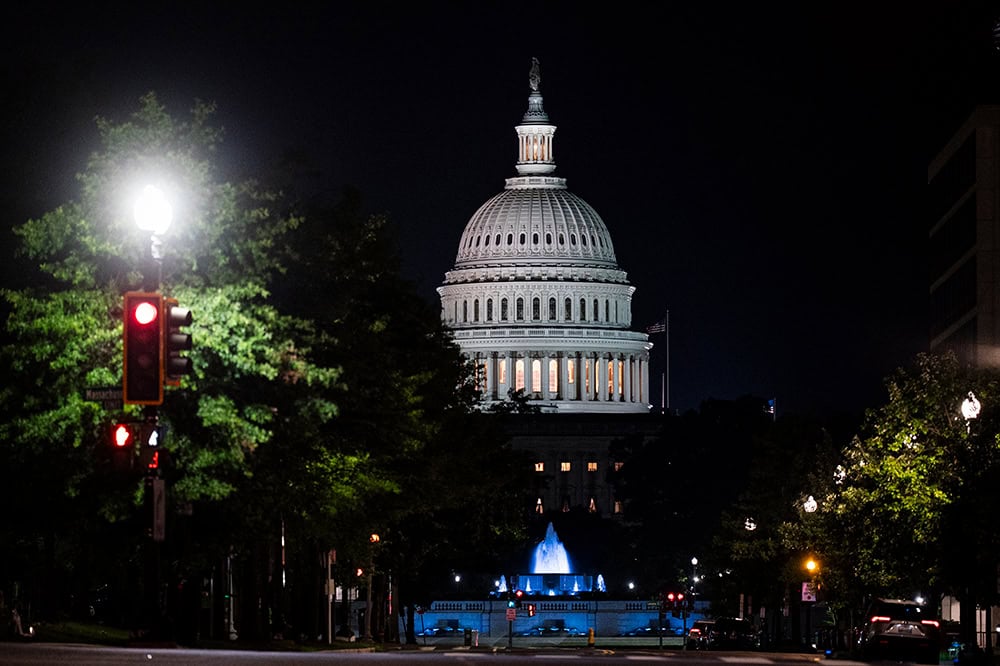Statement by Michael A. Peterson, Vice Chairman of The Peter G. Peterson Foundation, on President Obama’s Proposed 2012 Budget
“President Obama’s proposed 2012 budget and the discussion in Congress represent a starting point to begin addressing our nation’s fiscal challenges.
“Both parties need to go much further. The real threat to America’s long-term economic future is not short-term discretionary spending, but the long-term structural deficits that result in massive interest costs that would burden our nation for decades. To address our long-term fiscal and economic challenges effectively, we need a bipartisan plan that fully tackles all of the major unsustainable areas of the Federal budget.
“The only way for us to win the future is with a bipartisan plan for the future: a set of sound and sustainable fiscal policies that solve our long-term structural deficits and can be implemented gradually as our economy recovers.
“Despite the political challenges of reaching bipartisan solutions, the President’s Fiscal Commission is proof that this can be done. It is time for lawmakers from both parties to show leadership by putting our country on a path to economic prosperity and fiscal sustainability.”
About the Peter G. Peterson Foundation
The Peter G. Peterson Foundation is a nonprofit, nonpartisan organization established by Pete Peterson – businessman, philanthropist, and former U.S. Secretary of Commerce. The Foundation is dedicated to increasing public awareness of the nature and urgency of key long-term fiscal challenges threatening America’s future and to accelerating action on them. To address these challenges successfully, we work to bring Americans together to find and implement sensible, long-term solutions that transcend age, party lines and ideological divides in order to achieve real results. To learn more, please visit www.PGPF.org.
Further Reading
The One Big Beautiful Bill Act Is the Most Expensive Reconciliation Package in Recent History
This week, lawmakers in Congress approved reconciliation legislation that will add trillions of dollars to America’s already unsustainable fiscal trajectory
Healthcare Costs Are a Major Driver of the National Debt and Here’s the Biggest Reason Why
One of the largest drivers of that rising debt is federal spending on major healthcare programs, such as Medicare and Medicaid.
Despite Decades of Warnings, Depletion of Social Security’s Trust Fund Is Getting Closer
The depletion dates for Social Security and Medicare’s Trust Funds are rapidly approaching.


